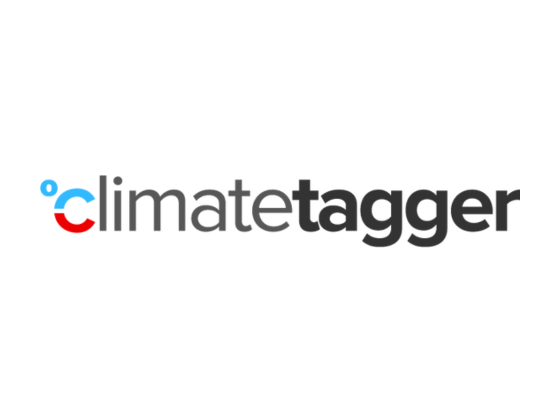
Climate Tagger
Mobilising investment for climate change adaptation and mitigation projects and businesses

Climate change is the greatest challenge of our time, spanning countries and continents, societies and generations, sectors and disciplines. Yet crucial data and information on climate issues are still too often amassed – diffuse – in closed silos.
Climate Tagger utilised Linked Open Data to scan, sort, categorise, and enrich climate and development-related data, improving efficiency and performance of knowledge management systems.
Climate Change does not recognise borders.
Neither should Climate Knowledge.
About this
Programme
Climate Tagger is a suite of tools to help knowledge-driven organisations in the climate and development arenas streamline and catalogue their data and information resources, and connect them to the wider climate knowledge community.
Climate Tagger was developed by REEEP in collaboration with the US National Renewable Energy Laboratory’s Open Energy Information program, the Stockholm Environment Institute’s weADAPT program and the Institute for Development Studies’ Eldis program, as part of the Climate Knowledge Brokers Group. Climate Tagger is made possible thanks to the generous financial support of a number of donors, including the Climate and Development Knowledge Network, the Federal Government of Germany and the Climate Technology Centre and Network of the United Nations Environment Programme.

Climate Tagger utilises Linked Open Data, and is based on the tried-and-true reegle Tagging API (now Climate Tagger API), first introduced by REEEP in 2011 to help its network better catalogue and connect data, and backed by the expansive Climate Compatible Development Thesaurus, developed by experts in fields ranging from climate mitigation and adaptation to economy and green growth, and specific areas such as REDD+ (Reducing Emissions from Deforestation and Forest Degradation).
A collaboration between IRENA and REEEP in 2015/2016 resulted in the development of Renewables Tagger, a specialised version of Climate Tagger, developed and build for online resources about renewable energy technology, policies, markets and finance.
Photo (left): Darren Mahuron

How Climate Tagger works
Climate Tagger automatically scanned, labeled, sorted, and catalogued data and document collections to help knowledge-driven organisations in the climate and development arenas streamline information resources and connect to the wider climate knowledge community
Step 1: Climate Tagger was installed for use with unstructured content within databases, websites, or document bundles from anywhere in the world in French, English, German, Spanish, or Portuguese.
Step 2: Climate Tagger scanned the unstructured information and identified specific terms and concepts held within the sources, covering multiple sectors relevant to climate-compatible development.
Step 3: Climate Tagger “tagged” the content based on suggestions from the expansive Climate Tagger Thesaurus, linking any resources connected to the system and making them searchable online.
Added functionality via the enhanced Climate Tagger API:
Geo-Tagging
With the added functionality provided by the Climate Tagger API, users could connect content and concepts with geographic locations.
Enriching Content
Climate Tagger could also be used to enrich content, adding related information based on the extracted concepts, including expanded definitions, translation, and other linked terms.
Content Pool
Climate Tagger allowed organisations to connect their data and information resources to the Climate Tagger Content Pool, helping users discover underappreciated, unknown, and newly made connections between knowledge resources from multiple sources around the world.
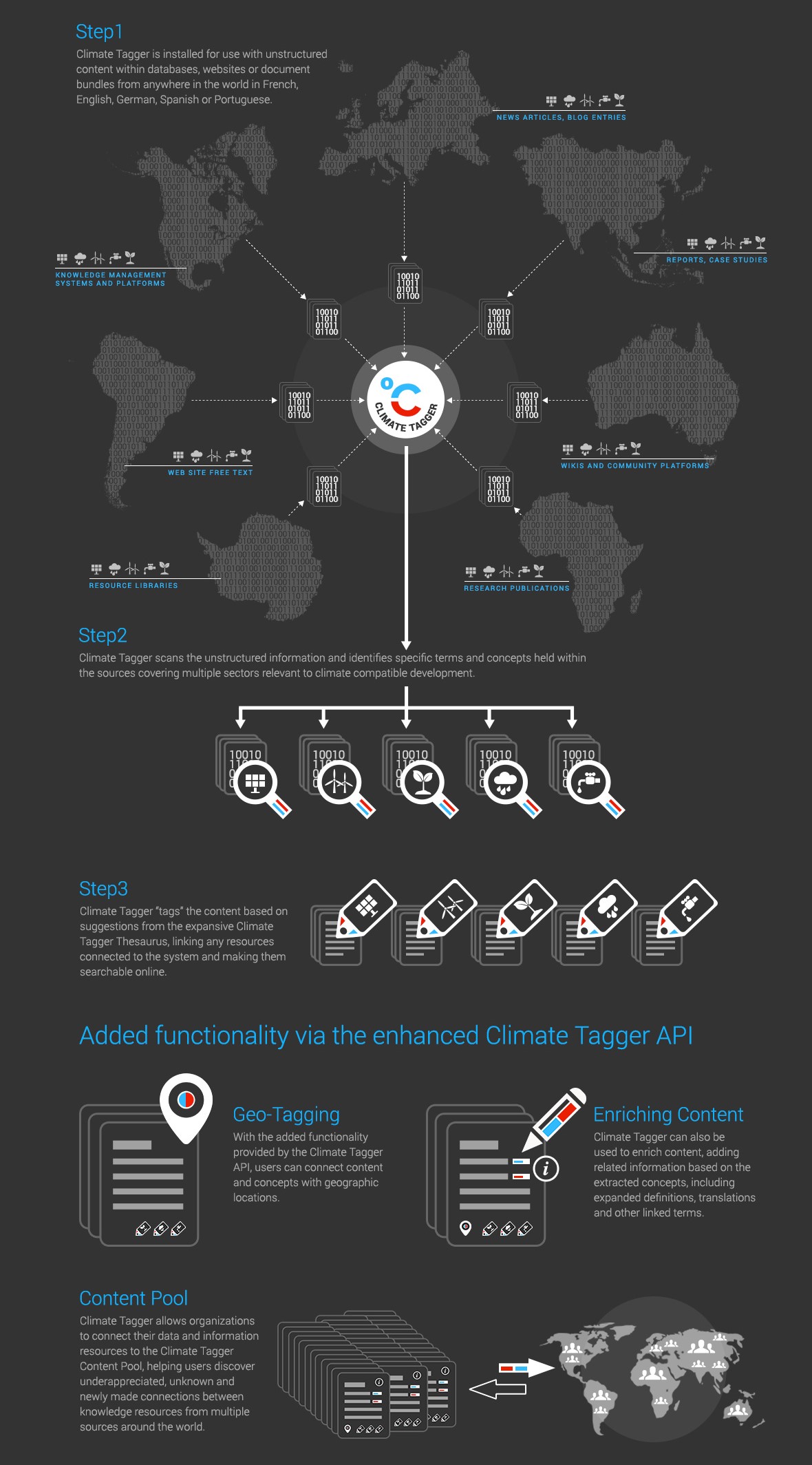
What are some use cases for Climate Tagger?
Case 1 – To organise a previously unsearchable document database
Your organisation has amassed a vast, valuable storehouse of electronic documents. Unfortunately, they are not particularly well-ordered or categorised. They also lack tagging for online searchability, so visitors to your own website have no effective way of finding and accessing the wealth of information that is already there.
One possible way to deal with the problem might be to hire a couple of interns to sift through every individual document and tag each of them manually. But each person uses their own personal vocabulary in describing concepts, so you will likely end up with a wildly inconsistent set of terms. And the human factor also means that they might read superficially and miss some terms completely.
But there was a faster, easier, and more reliable way of making your storehouse of documents searchable – and findable! Climate Tagger could tag all of your reports, articles, and scientific papers instantly. Since the system relied on a thesaurus with clearly defined terms and interrelationships, it automatically used a consistent set of keywords to describe content. This meant you could place documents in useful clusters, make them all accessible to others, and increase the impact of your work.
Several organisations in the clean energy field used Climate Tagger to improve document tagging, and more looked at the best way to integrate it into their systems.
Case 2 – To cross-link your own resources
Your web portal offers a vast amount of online resources. They are actually organised and categorised quite well, but no two documents are cross-linked with each other
Climate Tagger instantly indexed all of your resources and could create a simple application to automatically suggest related content from your own pool of documents.
For example, OpenEI built a widget to suggest related articles to their readers, helping them find what they were looking for.
Case 3 – To cross-link your resources with external documents (API functionality)
As in the scenario in Case 2, your portal already offers a wealth of resources. But you’re also aware that there are many external resources available other sites; ones that could hugely increase value and understanding for your own users.
Climate Tagger offered suggestions for further reading from third parties who had already used the system to tag their own resources. This content pool of indexed resources was growing daily, and with it, the ability to offer your users further reading suggestions that matched their interests.
At the same time, you could have drastically increased the outreach of your own resources by choosing to allow them to be part of this growing content pool. The original source of a document would always be clear to users, and the expert audience for your documents would have been widened significantly.
Case 4 – To offer definitions, synonyms and links (API functionality)
You work hard to offer your users up-to-date relevant information – but at the same time you know that misunderstandings are not unusual when trying to describe a complex topic.
By integrating Climate Tagger into your publishing environment, you could offer your users a simple system that extracted particular topics from your articles and offered definitions, synonyms, and links to open resources such as Wikipedia.
For instance, the Eldis development knowledge platform used this system to offer their users a “what do we mean by” info box that included definitions and synonyms retrieved from Climate Tagger.
Case 5 – Multiple language tagging
Your website is offered in multiple languages. To accurately tag your resources, you would need to hire multiple native-speakers with expertise in clean energy or climate change topics – a time-consuming and costly undertaking!
Climate Tagger automatically extracted quality-assured keywords from original documents in five languages: English, Spanish, French, Portuguese, and German.
You could connect related resources within and across languages, offering your users an intuitive structure for retrieving documents. Climate Tagger helped you by semantically scanning your resources and extracting the most relevant keywords and geographic locations.
Case 6 – Add depth to your platform with suitable 3rd party resources (API functionality)
Your platform is a useful gateway to a wealth of information, but you offer only a limited amount of original research.
Climate Tagger added depth to your platform. Defining precisely what concepts and terms were relevant for your own users, they could receive matching documents from our ever-increasing content pool directly on your website.
How do I use Climate Tagger?
There were two ways to use Climate Tagger, one that made use of our two new easy-to-install modules, and another for those requiring some customisation.
OPTION 1

For users who worked with the Drupal content management system or the CKAN knowledge management system (KMS), Climate Tagger offered a free module for easy and quick integration into their existing system.
https://reeep.org/wp-content/uploads/2024/01/drupal-ckan.png
OPTION 2
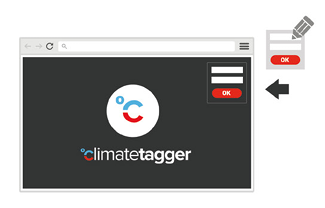
Find Out More
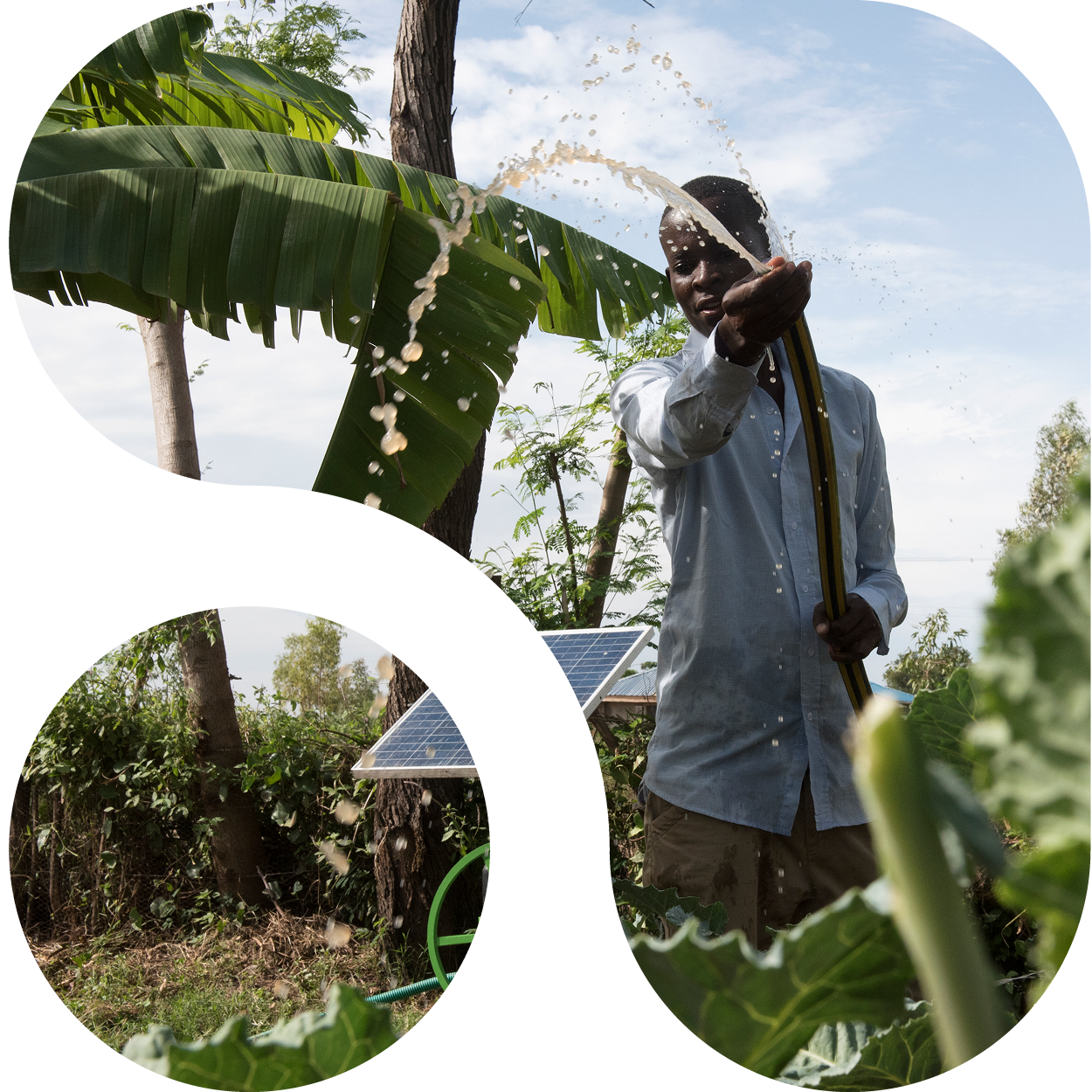





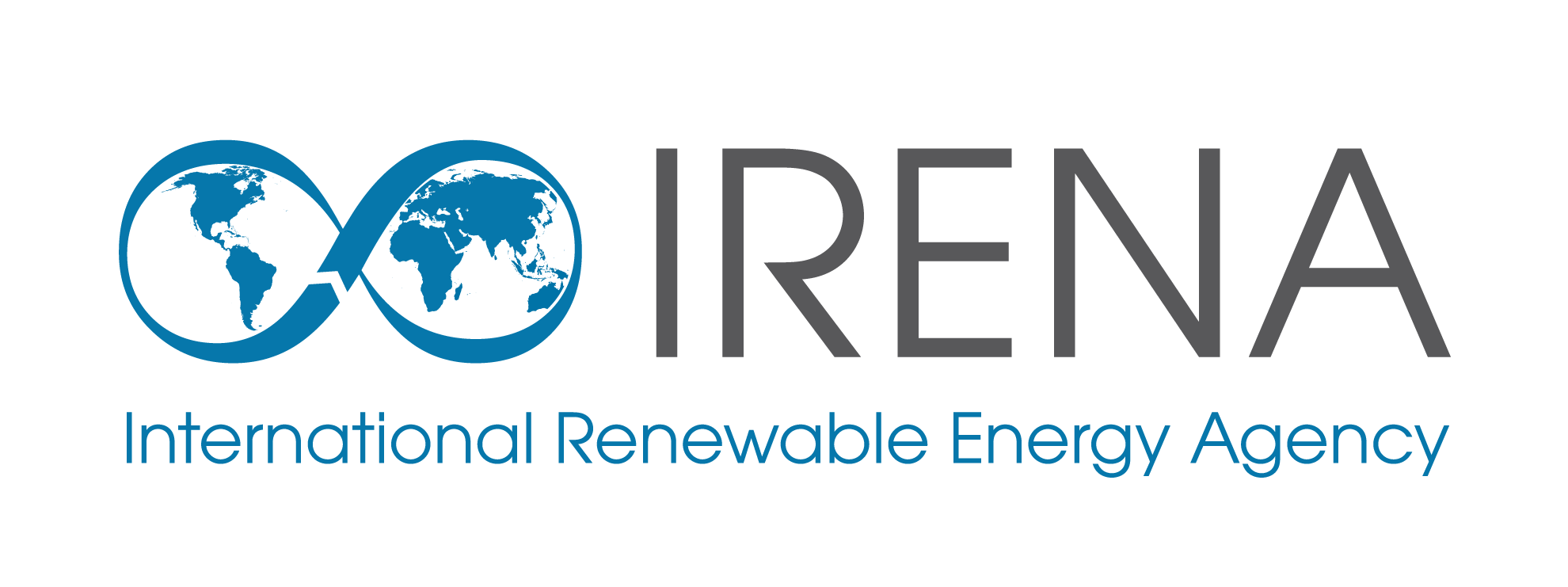




Partners
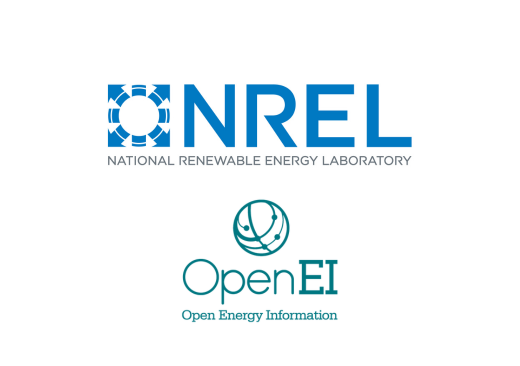
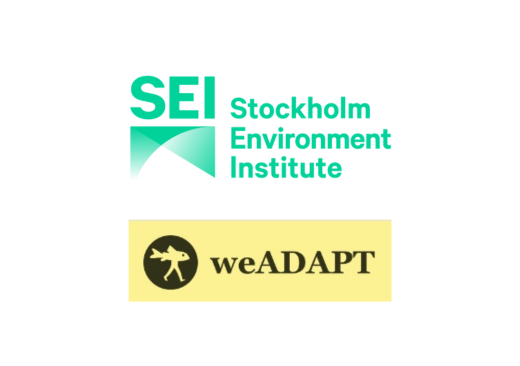
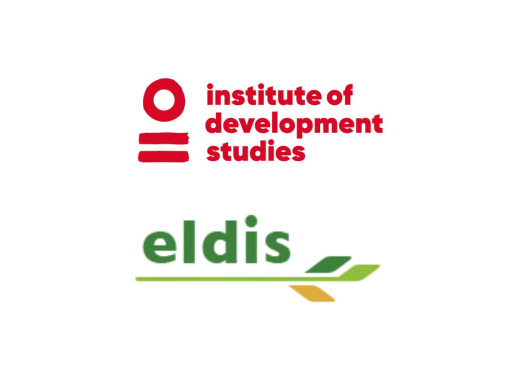

Implementing Partner
